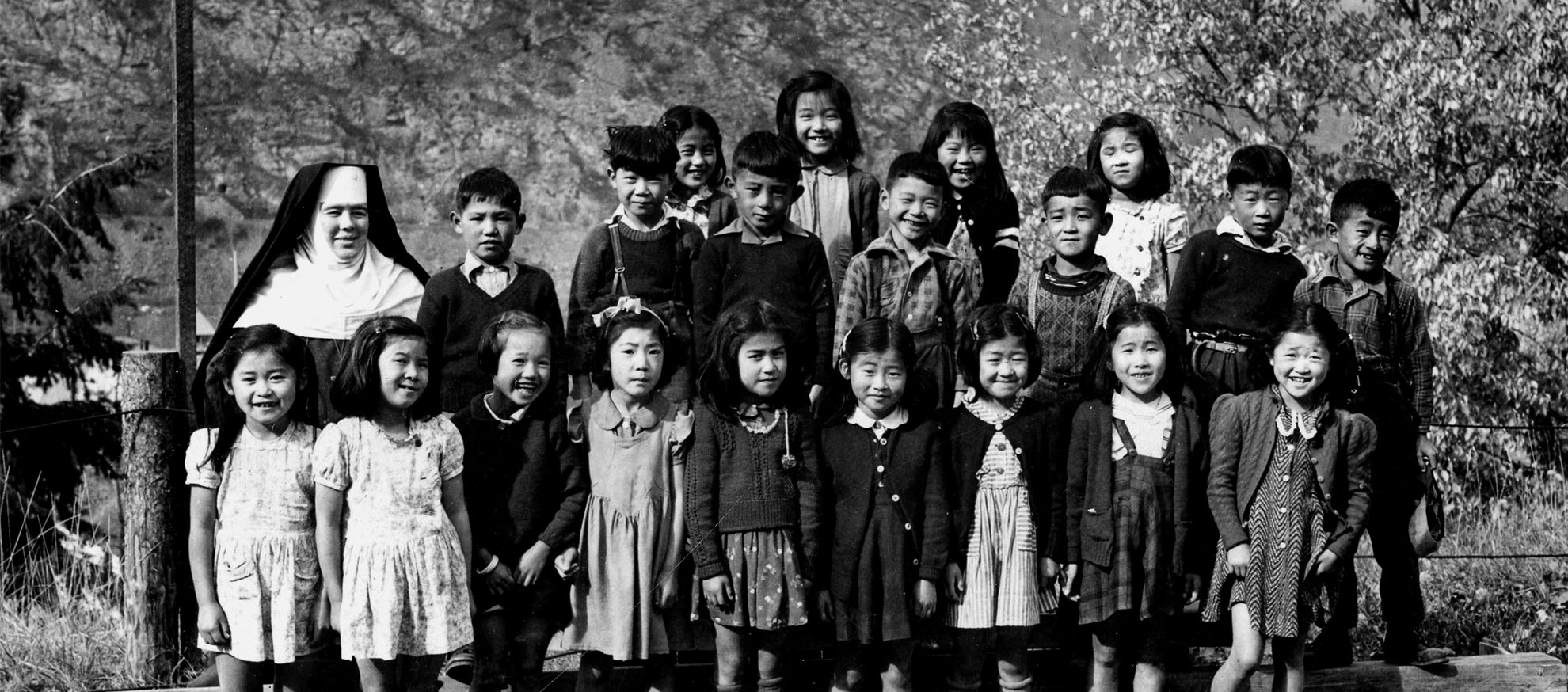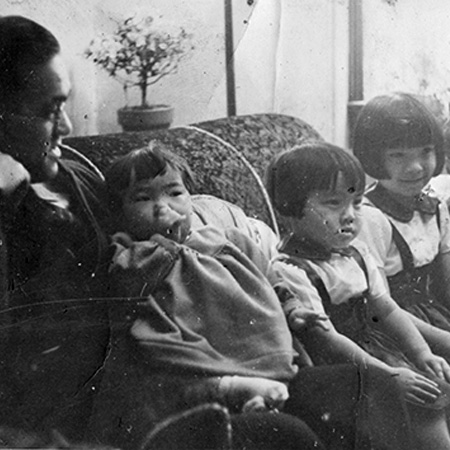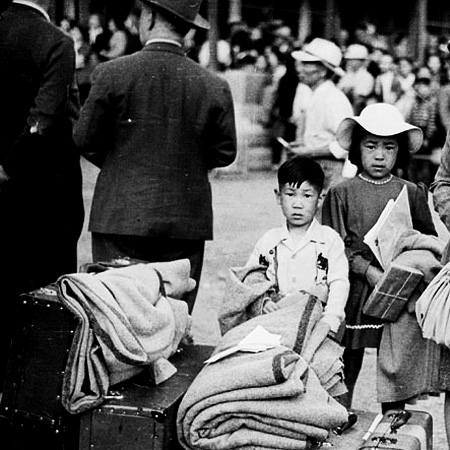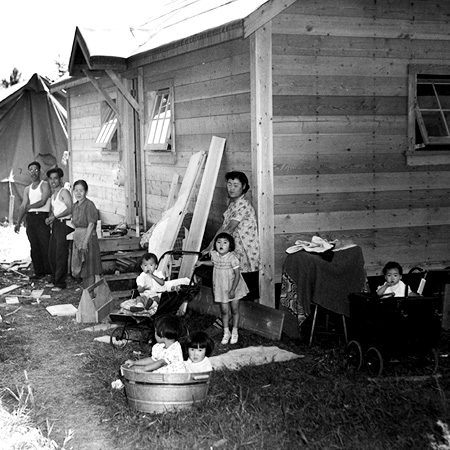
Lesson 2: Fair/UnFair Game
Classroom Charter of Rights
Students play a strange game in which the rules are not clear and do not seem fair.
Students will:
- co-create a set of rules for the classroom based on fairness and respect for individuals.
- develop an understanding of the relationship between rights and responsibilities.
- participate in a democratic process and experience the consequences of not being allowed to participate.
Many classes start the year developing a Classroom Charter. A procedure for developing a Classroom Charter is outlined here for teachers unfamiliar with how to do so.
- Review what is fair and unfair treatment (equality).
- Ask the class "What is fair treatment in our own classroom?" Discuss "rights" and accompanying "responsibilities."
- Have students work in small groups. Students make a list of the rights they have, or think they should have, in the classroom on chart paper.
- Put each paper up on the wall and have each group share their ideas. Once each group has shared, discuss the lists of rights and look for commonalities.
- Students vote on which rights to include on a classroom charter. Finalize the list of rights to include on the Classroom Charter. Beside the rights list, the accompanying responsibilities. Students should all sign the Charter as a declaration of their commitment, and even pledge their rights and responsibilities verbally. Post this Charter in the classroom.
SUGGESTED JOURNAL ENTRY
- Why do we need responsibilities as well as rights?
- How did you feel when you couldn't vote? Why did you feel that way?
If students are having difficulty with the concept of rights and responsibility, teachers may wish to have students work in pairs to illustrate one right and responsibility.
When voting on each right, randomly select some students who are not allowed to vote. Repeat until all students feel the frustration of not being allowed to vote. Discuss how students felt about not being allowed to vote. Relate this to the frustrations of some Canadians who were not allowed to vote on the basis of their race. What is an alternative? What effect would that have?







